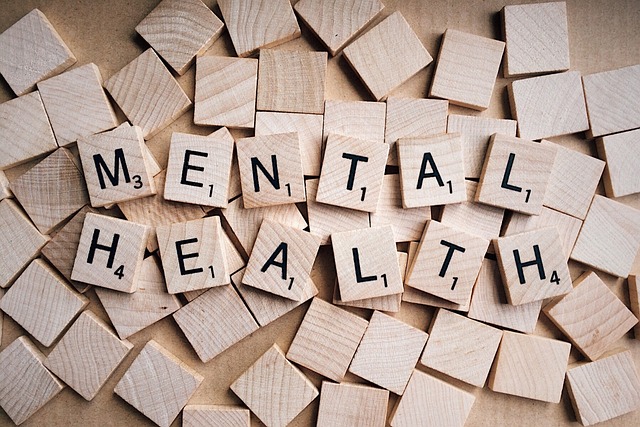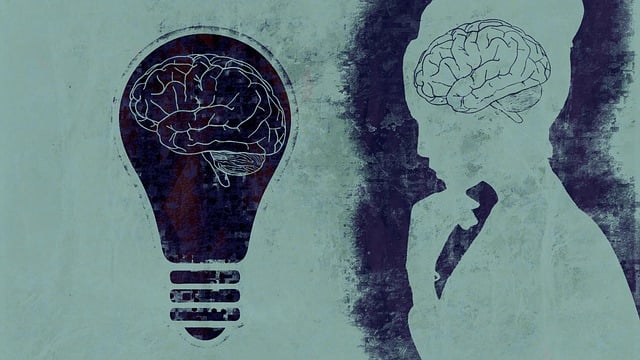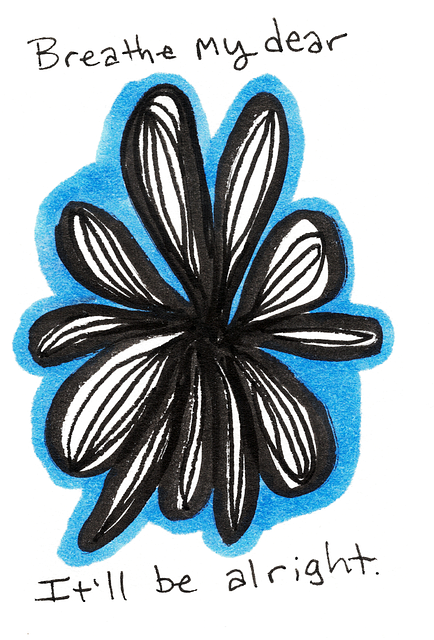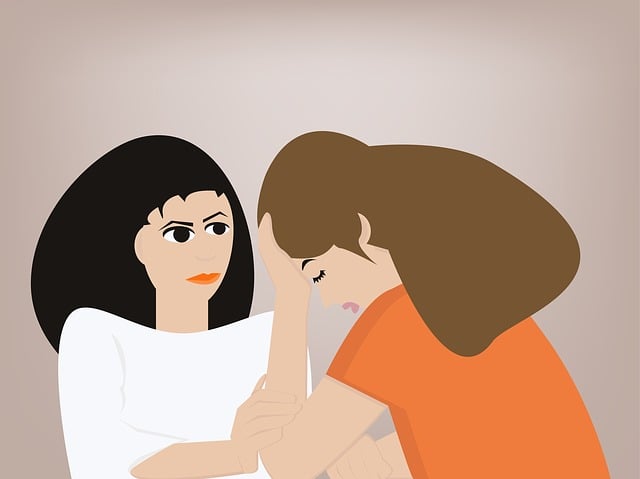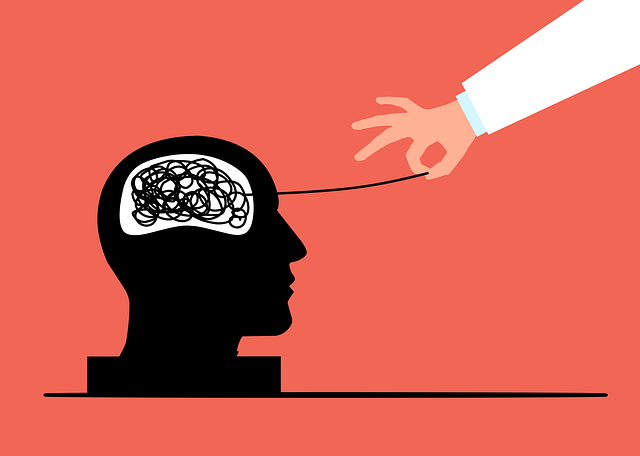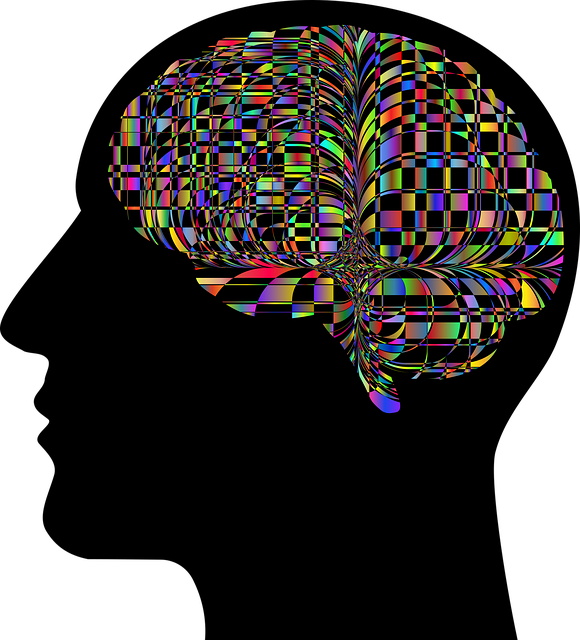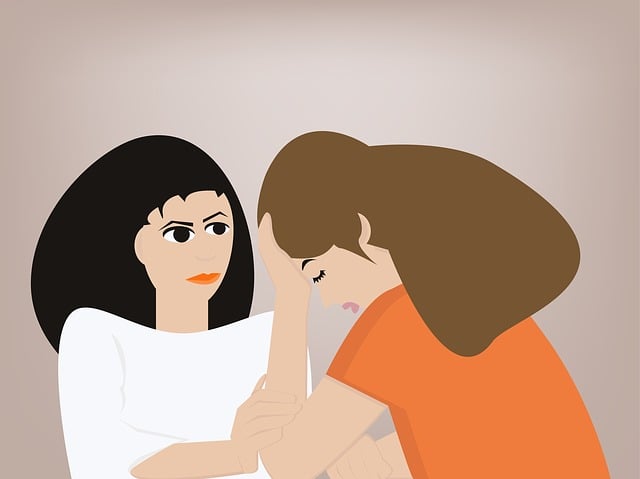This text explores coping mechanisms across different age groups, highlighting the unique needs of elders, adolescents, and teens. For elders, tailored therapy strategies address loneliness or cognitive decline, while engaging in community-building and mindfulness practices. Adolescents primarily engage in boundary testing and identity exploration, benefiting from social skills training and self-awareness exercises. Therapy serves as a universal tool, offering structured conversations with professionals to develop coping skills, emotional regulation, and stress management techniques. Targeted therapy for each demographic provides practical support, promoting well-being and resilience through age-appropriate mechanisms, such as mindfulness, group therapy, physical activities, and trauma-sensitive care.
Coping skills are essential for navigating life’s challenges, especially during pivotal stages of development. This article explores effective coping strategies tailored to different age groups, from elders to adolescents and teens. We delve into the role of therapy in enhancing these skills, offering practical techniques to foster resilience. Understanding coping mechanisms across generations is crucial for overcoming challenges and promoting mental well-being, particularly in today’s fast-paced world. Discover actionable insights on how to support individuals at every stage of life.
- Understanding Coping Skills for Different Age Groups
- The Role of Therapy in Developing Effective Coping Strategies
- Practical Techniques to Enhance Coping Abilities in Elders, Adolescents, and Teens
- Overcoming Challenges: Building Resilience Across Generations
Understanding Coping Skills for Different Age Groups

Coping skills vary significantly across different age groups, as each stage of life presents unique challenges and stressors. For adolescents and teens, coping often involves testing boundaries, exploring identity, and navigating peer pressure. Social skills training and self-awareness exercises are valuable tools in this phase to help them develop healthy mechanisms for dealing with stress and emotions.
In contrast, elders may require different strategies due to age-related changes and life transitions. Therapy for elders can be tailored to address specific concerns like loneliness, chronic illness, or cognitive decline. Incorporating mental wellness podcast series production can offer engaging and accessible ways to enhance coping skills in this demographic, fostering a sense of community and connection while promoting self-care.
The Role of Therapy in Developing Effective Coping Strategies

Therapy plays a pivotal role in equipping individuals across various age groups—from adolescents and teens to elders—with effective coping skills. Through structured conversations with trained professionals, therapy offers a safe space for clients to explore and process their emotions, thoughts, and experiences. This process facilitates emotional regulation, enabling participants to develop healthier ways of managing stress and preventing burnout, which is especially pertinent for healthcare providers.
By delving into the root causes of distress, therapy empowers individuals to implement tailored coping strategies. For adolescents and teens, this might involve learning mindfulness techniques or cognitive reframing. Elders can benefit from discussing past experiences and building social connections to combat feelings of isolation. In all cases, therapy focuses on enhancing stress management skills, ensuring emotional well-being, and fostering resilience in the face of life’s challenges.
Practical Techniques to Enhance Coping Abilities in Elders, Adolescents, and Teens

Developing coping skills is essential for individuals across all age groups, including elders, adolescents, and teens. For the elderly population, simple yet effective techniques like mindfulness meditation can help manage stress and anxiety by focusing on the present moment. Group therapy sessions tailored to their needs can also foster a sense of belonging and provide a platform to share experiences, offering both emotional support and practical coping strategies. Engaging in physical activities like walking or gardening can serve as natural mood lifters and promote overall well-being.
For adolescents and teens, the emphasis should be on teaching them adaptive coping mechanisms tailored to their developmental stage. Compassion cultivation practices have been shown to reduce stress and enhance empathy. Incorporating these practices into therapy for adolescents can help them develop a kinder, more self-compassionate inner dialogue. Additionally, trauma support services that consider cultural sensitivity in mental healthcare practice are crucial for this demographic, ensuring they receive culturally responsive care while healing from past traumas.
Overcoming Challenges: Building Resilience Across Generations

Overcoming challenges is a vital aspect of resilience building, especially when considering the intergenerational impact on mental health. Therapy for elders, adolescents, and teens plays a crucial role in fostering adaptability and strength across different life stages. By providing support tailored to each age group’s unique needs, therapists can help individuals navigate and overcome barriers. For elders, this might involve coping with retirement, loneliness, or age-related physical limitations, while adolescents and teens struggle with peer pressure, academic stress, and self-identity formation.
A holistic approach to mental health—as advocated in Mental Health Policy Analysis and Advocacy—can empower individuals to build resilience. Encouraging Self-Care Practices such as journaling, meditation, or physical exercise can be beneficial for all ages. These activities promote a sense of control, enhance emotional awareness, and provide healthy outlets for stress. Incorporating these coping mechanisms into daily routines can contribute to long-term mental wellness, ensuring that individuals across generations are equipped to face life’s challenges head-on.
Coping skills development is a multifaceted process that adapts across age groups. Understanding the unique needs of elders, adolescents, and teens, as well as the beneficial role therapy can play, empowers individuals to navigate life’s challenges effectively. By employing practical techniques tailored to each stage, we foster resilience and enhance overall well-being, ensuring folks of all generations can thrive despite adversity. For older adults, therapy provides support; for adolescents and teens, it offers guidance; and for each, the goal is the same: to build a durable coping toolkit that enriches life.
